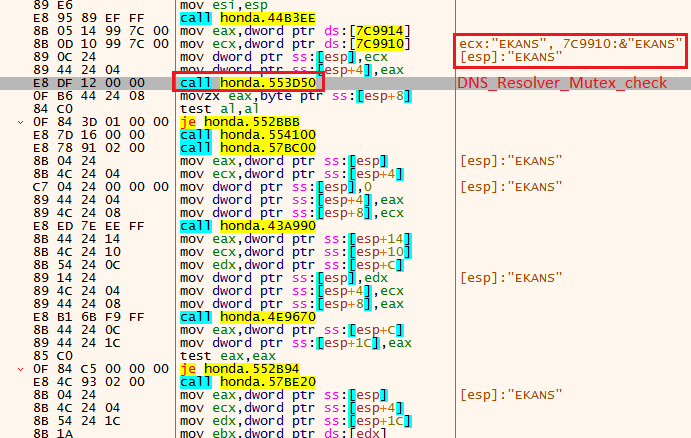On Friday, Twitter Security announced it has permanently removed 32,200 accounts linked to the People’s Republic of China, Russia, and Turkey for various violations of Twitter’s platform manipulation policies.
Twitter said it detected the Turkish network of 7,340 accounts in early 2020, as well as involved accounts employing “coordinated inauthentic activity” aimed at a domestic Turkish audience.
“Based on our analysis of the network’s technical indicators and account behaviours, the collection of fake and compromised accounts was being used to amplify political narratives favorable to the AK Parti, and demonstrated strong support for President Erdogan,” the social media platform said.
“These compromised accounts have been repeated targets of account hacking and takeover efforts by the state actors identified above. The broader network was also used for commercial activities, such as cryptocurrency-related spam,” Twitter explained.
The major account take-down has infuriated Turkish President Reccep Tayyip Erdogan. The strong-man president slammed the removal and said Twitter’s accusations were untrue.
“(This) has demonstrated yet again that Twitter is no mere social media company, but a propaganda machine with certain political and ideological inclinations,” Erdogan’s communications director Fahrettin Altun said.
Turkish cyber rights expert Yaman Akdeniz said the network appeared to be made up of relatively inactive bots and requires further investigation.
“But it makes it official that bots are used in Turkey for political purposes,” he told Reuters.
Twitter said it has shared details of the disabled accounts with research partners Australian Strategic Policy Institute (ASPI) and the US-based Stanford Internet Observatory (SIO) for further evaluation.
Outside of the Turkish network, the bulk of the freshly-disabled accounts were linked to China. Twitter removed a new network 23,750 accounts that comprised the “core network,” and an additional 150,000 accounts that were “amplifiers.”
“They were Tweeting predominantly in Chinese languages and spreading geopolitical narratives favorable to the Communist Party of China (CCP), while continuing to push deceptive narratives about the political dynamics in Hong Kong,” Twitter revealed.
The social media platform explained Friday’s take-down is part of its “site integrity efforts,” adding it is “the most critical work we do at Twitter to protect the public conversation.”


